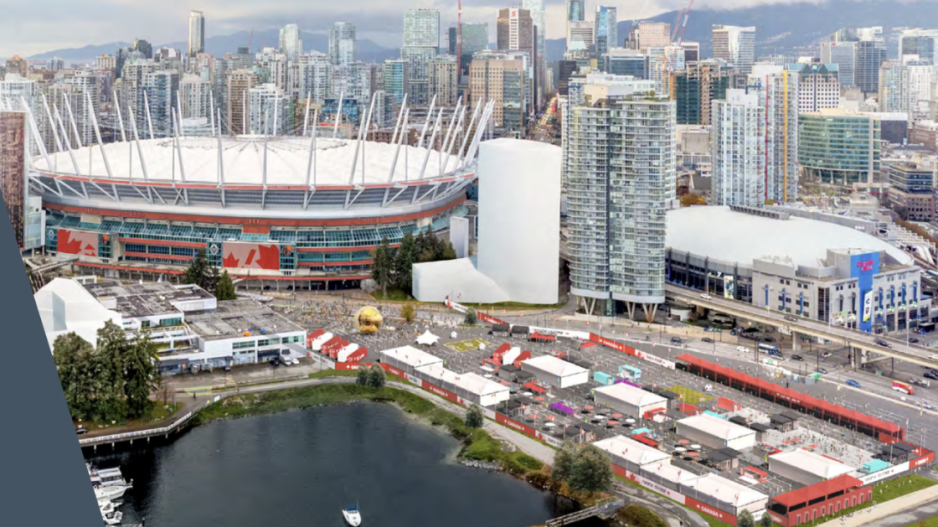As British Columbians continue to enjoy the Vancouver Canucks’ performance in the Stanley Cup playoffs, questions surrounding the ability of municipalities to organize viewing parties have resurfaced. Many recall the June 2011 riots that started immediately after the game downtown Vancouver. Others are reminded of the inability of some local governments to properly organize “fun events.”
Research Co. and Glacier Media recently tracked the views of British Columbians on global sporting events. More than half of the province’s residents (55 per cent, down two points since November 2022) continue to believe the provincial government made the right call in choosing not to support the 2030 Winter Olympics bid being explored by Four Host First Nations—Musqueam, Squamish, Tsleil-Waututh, and Lilwat—and the municipal governments of Vancouver and Whistler. Only 29 per cent of the province’s residents (unchanged) disagree, and 16 per cent (up two points) are undecided.
While the idea of Vancouver hosting a second Winter Games two decades after 2010 is still attractive for nearly three in 10 British Columbians, animosity towards a bid is high. Majorities across all age groups think the provincial government acted wisely, along with 57 per cent of Metro Vancouverites.
Another global event finds a more welcoming public. Almost half of British Columbians (49 per cent, up seven points) think Vancouver should launch a bid to host the Summer Olympics in 2036, while 40 per cent (down three points) disagree and 11 per cent (down one point) are not sure.
The 2030 bid gave us a unique case of intergenerational agreement. This is not the case for a Summer Olympics bid. Support reaches 61 per cent among those aged 18 to 34 but drops to 48 per cent among their counterparts aged 35 to 54, and to 42 per cent among residents aged 55 and over.
A Summer Olympics bid would require an immense amount of collaboration between municipal administrations and the provincial government. British Columbians who voted for the governing BC NDP in 2020 are less enthusiastic about Vancouver as a Summer Games host (45 per cent) than those who voted for the BC Greens (49 per cent) and the BC Liberals (58 per cent) four years ago.
In any case, we are just two years away from BC Place hosting FIFA World Cup matches. Team ÎÚÑ»´«Ã½ will play there at least twice in 2026, but it is too early to know which other teams will be featured in front of ÎÚÑ»´«Ã½ crowds.
At this point, more than two-thirds of British Columbians (68 per cent, up six points) agree with Vancouver being one of 16 host cities, while 22 per cent (down two points) disagree and 11 per cent (down three points) are not sure.
In stark contrast to the Summer Olympics bid question, three generations support the FIFA World Cup coming to Vancouver: 69 per cent among British Columbians aged 18 to 34 and aged 35 to 54, and 67 per cent among residents aged 55 and over.
One issue that could become critical for the positive perception of the FIFA World Cup in Vancouver is cost. In March, the City of Toronto estimated that hosting six matches would carry a tab of $380 million, or $90 million more than the original calculation. Vancouver’s own appraisal has not been revised yet.
If there ends up being a significant difference in the transparency of Toronto and Vancouver to explain how much hosting the FIFA World Cup will cost, provincial and municipal politicians in British Columbia will likely be called to account.
Mario Canseco is president of Research Co.
Results are based on an online survey conducted from April 15-17, 2024, among 801 adults in ÎÚÑ»´«Ã½ The data has been statistically weighted according to Canadian census figures for age, gender and region in ÎÚÑ»´«Ã½ The margin of error is plus or minus 3.5 percentage points, 19 times out of 20.





